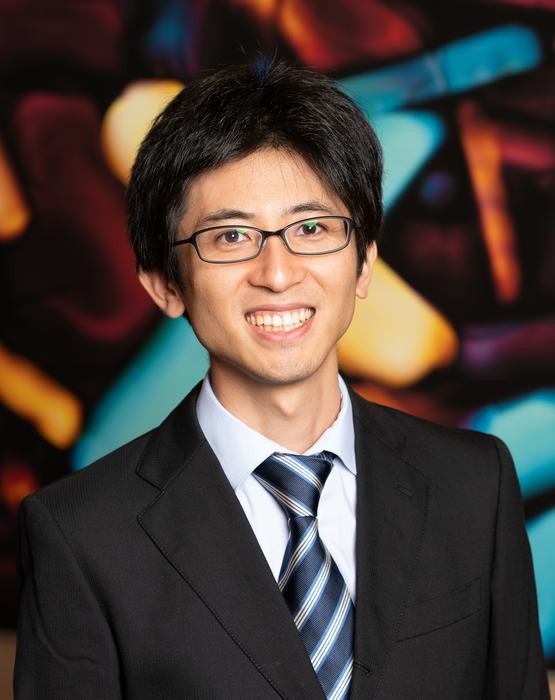JUPITER, FLORIDA: Max Planck Florida Institute for Neuroscience (MPFI) announces that Dr. Hidehiko Inagaki has been awarded an NIH Director’s New Innovator Award. This award will provide Dr. Inagaki and MPFI with $2.895 million in research funding support over five years, and is part of the NIH’s High-Risk-High Reward Research Program of the NIH Common Fund. With this award, Dr. Inagaki and his lab will work to identify the parts of the brain underlying the brain’s ability to learn new behaviors and explore how their molecular and neuronal activity results in learning.

Credit: Courtesy of the Max Planck Florida Institute for Neuroscience
JUPITER, FLORIDA: Max Planck Florida Institute for Neuroscience (MPFI) announces that Dr. Hidehiko Inagaki has been awarded an NIH Director’s New Innovator Award. This award will provide Dr. Inagaki and MPFI with $2.895 million in research funding support over five years, and is part of the NIH’s High-Risk-High Reward Research Program of the NIH Common Fund. With this award, Dr. Inagaki and his lab will work to identify the parts of the brain underlying the brain’s ability to learn new behaviors and explore how their molecular and neuronal activity results in learning.
“I am honored to receive this prestigious award. This allows me to study how the brain learns new computations and behaviors, which may help us understand diseases and injuries that affect learning and memory,” said Inagaki.
Established in 2007, the NIH Director’s New Innovator Award (NIA) is a highly selective award that recognizes early career researchers who demonstrate exceptional creativity and innovation in projects related to behavioral, social, or biomedical research. This is the first time an MPFI researcher has received this award.
Dr. Inagaki joined MPFI in September 2019 leading the Neural Dynamics and Cognitive Functions research group. Prior to this appointment, Inagaki was a Helen Hay Whitney Foundation Postdoctoral Fellow at the Janelia Research Campus of Howard Hughes Medical Institute, working with Dr. Karel Svoboda. At Janelia, he studied the neuronal mechanism of short-term memory in the frontal cortex.
Inagaki completed his Ph.D. under the mentorship of Dr. David J. Anderson at California Institute of Technology. For his graduate work, he studied the neuronal mechanism of internal states in Drosophila. For his B.S., he worked in Kei Ito’s lab at the University of Tokyo, where he studied the anatomical and physiological properties of mechanosensory neurons in Drosophila.
He is the recipient of numerous honors including the Harold M. Weintraub Graduate Student Award, the Larry Katz Memorial Lecture Award, the Peter and Patricia Gruber International Research Award in Neuroscience, the Searle Scholar Award, the Klingenstein-Simons Fellowship Award, and now the NIH Director’s New Innovator Award.
To learn more about Dr. Inagaki and his lab, please visit https://www.mpfi.org/science/our-labs/inagaki-lab/
This NIA is supported by the NIH’s High-Risk-High Reward Research Program of the NIH Common Fund and the National Institute of Neurological Disorders and Stroke of the National Institutes of Health under award number DP2NS132108.
ABOUT MAX PLANCK INSTITUTE FOR NEUROSCIENCE
Max Planck Florida Institute for Neuroscience (MPFI), a not-for-profit research organization, is part of the world-renowned Max Planck Society, Germany’s most successful research organization with over 80 institutes worldwide. Since its establishment, 30 Nobel laureates have emerged from the ranks of its scientists. As its first U.S. institution, MPFI provides exceptional neuroscientists from around the world with the resources and technology to answer fundamental questions about brain development and function. MPFI researchers employ a curiosity-driven approach to science to develop innovative technologies that make groundbreaking scientific discoveries possible. For more information, visit https://www.mpfi.org/.




